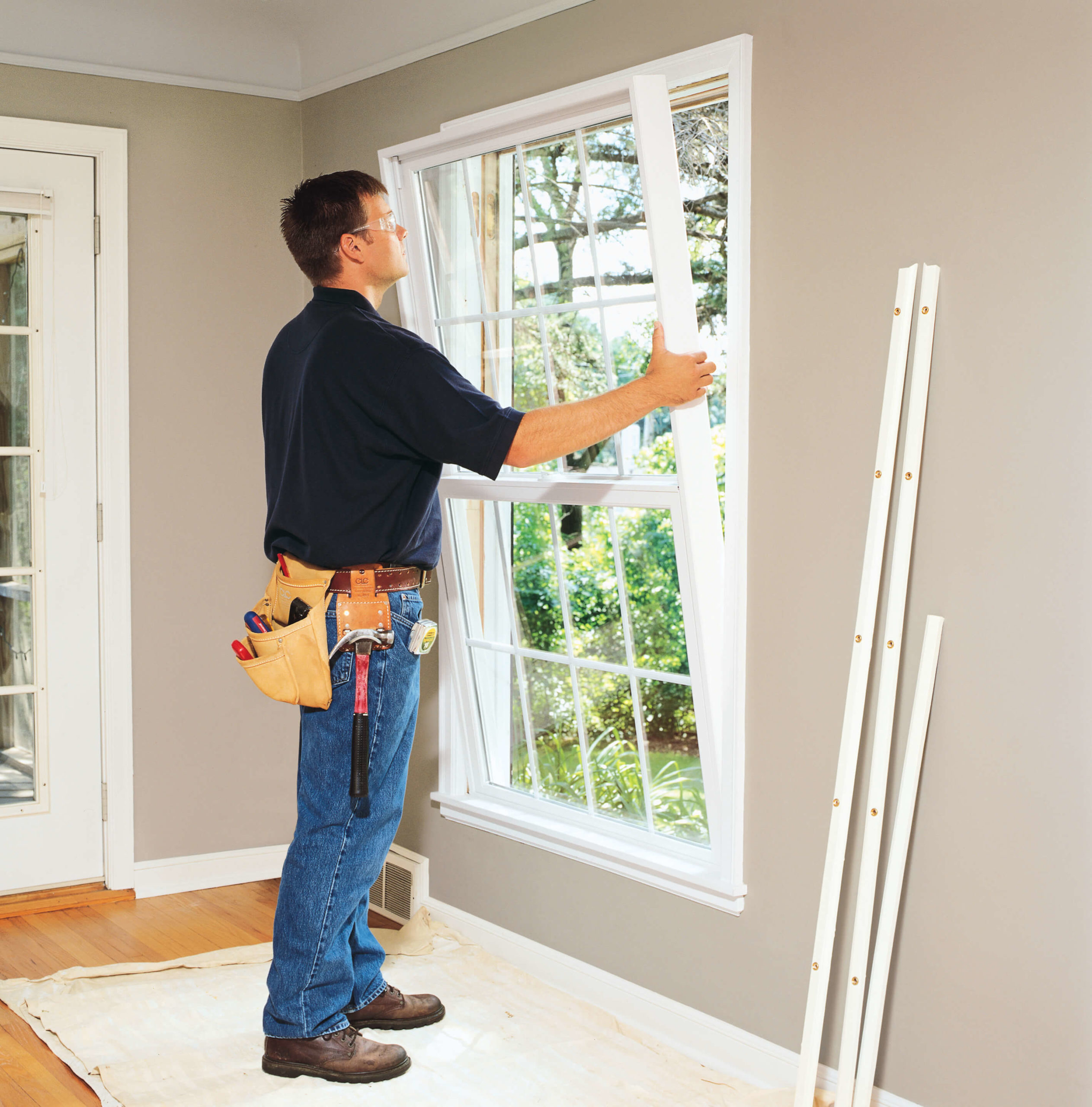Reliable Richmond Window Replacement for Improved Energy Performance
Reliable Richmond Window Replacement for Improved Energy Performance
Blog Article
Upgrade Your Home With Energy-Efficient Home Window Replacements
In the realm of home enhancement, the decision to upgrade to energy-efficient window substitutes can significantly impact both the functionality and visual appeals of a residence. Beyond the surface level of mere appearances, energy-efficient home windows offer a multitude of advantages that go beyond simple aesthetic appeal.
Benefits of Energy-Efficient Windows

The installment of energy-efficient home windows provides considerable savings on energy bills while enhancing environmental sustainability. Furthermore, energy-efficient home windows can help regulate moisture levels within the home, minimizing the threat of mold and mildew growth.
Beyond the financial benefits, energy-efficient windows contribute to ecological sustainability by lowering carbon discharges connected with power production. In general, spending in energy-efficient home windows not just improves the convenience and effectiveness of a home yet additionally lines up with ecologically mindful practices.
Sorts Of Energy-Efficient Glass
Various sophisticated sorts of energy-efficient glass offer distinct residential or commercial properties that deal with various requirements and preferences in boosting the sustainability and efficiency of buildings. Low-emissivity (Low-E) glass is a preferred alternative created to reduce the quantity of ultraviolet and infrared light that can travel through the glass, therefore reducing warmth transfer. This sort of glass aids keep a consistent interior temperature level, lowering the demand for home heating or cooling systems, and eventually reducing power prices. One more ingenious option is spectrally selective glass, which allows noticeable light to pass through while blocking specific sorts of infrared radiation. This helps in keeping a comfortable indoor environment while reducing warm gain. Triple-pane glass, including three layers of glass with protecting gas between them, provides boosted thermal insulation, making it very energy-efficient. Furthermore, self-cleaning glass with a special finish that breaks down and loosens dust when subjected to sunlight can minimize upkeep demands and keep windows looking tidy. Each type of energy-efficient glass supplies unique benefits, allowing house owners to select one of the most ideal alternative based on their specific needs and goals.
Aspects to Think About When Choosing
When pondering energy-efficient home window replacements, it is necessary to meticulously evaluate certain aspects that align with your sustainability purposes and wanted energy savings. The U-factor steps how well the window shields, with reduced numbers indicating better insulation, while the SHGC shows the home window's capability to block warm from sunshine. By thoroughly assessing these factors, you can select energy-efficient home windows that enhance comfort, reduce energy expenses, and benefit the atmosphere.
Installment and Maintenance Tips

Routine maintenance is crucial to protecting the effectiveness of your energy-efficient windows. Examine the weather-stripping and seals for any kind of gaps or splits and replace them if required to maintain the home windows' power performance. Spring window replacement.
On top of that, oil moving components such as locks and hinges to make certain smooth operation. By complying with these installment like it and upkeep ideas, you can boost the energy performance of your home and lengthen the lifespan of your energy-efficient home windows.
Cost-Benefit Analysis of Updating

Energy-efficient home windows are developed to reduce heat transfer, minimizing the demand for home heating and cooling down systems to burn the midnight oil. This can lead to substantial cost savings on energy bills, especially in areas with severe temperature levels. Additionally, energy-efficient home windows can enhance the general value of your home, making it a lot more attractive to potential customers if you make a decision to market in the future.
When determining the cost-benefit analysis, factor in the prospective savings on power expenses, any kind of available incentives or refunds, and the lifespan of the home windows. While the preliminary price might be higher, the long-term financial savings and advantages of energy-efficient home windows make them a wise financial investment for home owners looking to boost their property's energy performance and worth.

Final Thought
To conclude, upgrading to energy-efficient window replacements supplies countless advantages such as minimized energy usage, enhanced convenience, and cost financial savings. By choosing the suitable kind of energy-efficient glass and s&j windows taking into consideration variables like framework product and installation, property owners can maximize the effectiveness of their windows. Regular upkeep and proper installment are necessary for long-lasting efficiency. Generally, the cost-benefit evaluation of upgrading to energy-efficient windows shows that the preliminary investment can lead to significant savings in the future.
When contemplating energy-efficient window substitutes, it is critical to thoroughly analyze specific aspects that line up with your sustainability purposes and desired energy savings. The U-factor actions how well the window shields, with lower numbers indicating much better insulation, while the SHGC suggests the home window's capability to obstruct warmth from sunshine. By carefully evaluating these variables, you can select energy-efficient windows that improve comfort, decrease energy expenses, and benefit the atmosphere.
While energy-efficient windows might have a greater upfront expense contrasted to traditional windows, the long-term benefits often exceed the initial financial investment.In conclusion, upgrading to energy-efficient window replacements supplies countless benefits such as reduced energy intake, boosted comfort, and expense savings.
Report this page